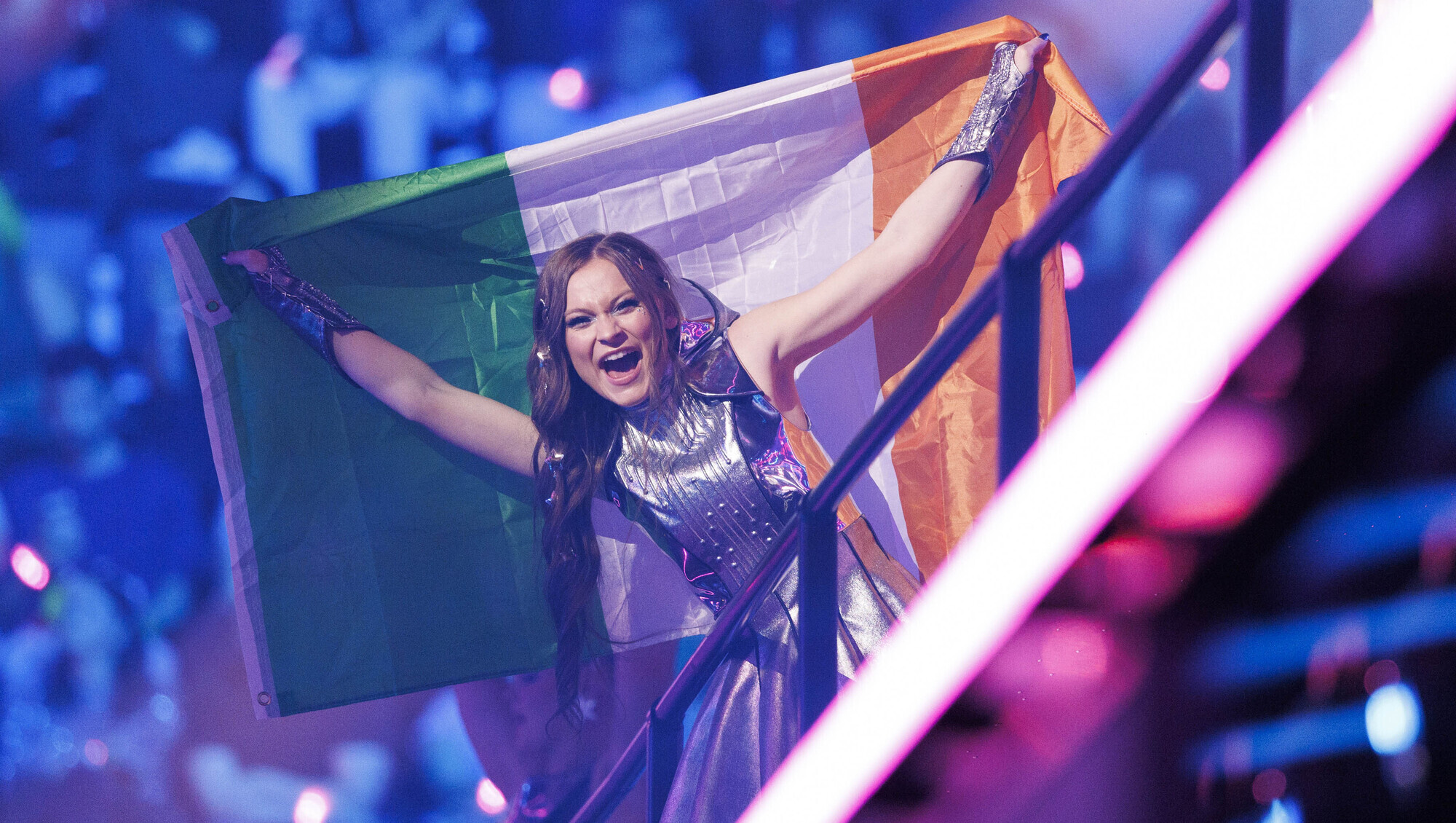The Eurovision Song Contest, well-known for its promotion of music, diversity, and international friendship, is encountering an extraordinary conflict this year. The potential departure of Ireland due to Israel’s involvement has ignited a broad discussion among enthusiasts, lawmakers, and cultural analysts. This issue highlights the increasingly intricate overlap between politics and the entertainment industry, where geopolitical disputes can affect even globally cherished cultural occasions. Although Eurovision has traditionally aimed to remain impartial and encourage harmony through music, Ireland’s statement indicates how global strains might challenge the essence of such worldwide festivities.
Political factors in a cultural gathering
Ireland’s announcement about Eurovision occurs in the context of enduring political struggles in the Middle East. Representatives from the Irish team have mentioned moral issues and current disputes as factors for re-evaluating involvement if Israel is a participant. This position has sparked conversations throughout Europe on whether cultural events such as Eurovision can stay detached from political conversations or if they unavoidably mirror wider global matters.
Historically, Eurovision has navigated political sensitivities cautiously, with participants and organizers attempting to focus on music rather than political statements. Nevertheless, the contest has experienced controversies before, from voting disputes to boycotts, proving that the line between cultural celebration and political expression is often blurred. Ireland’s threat adds another layer of complexity, as it raises questions about the responsibilities of nations in balancing ethical considerations with cultural engagement.
The stance of Ireland highlights the significant impact of popular sentiment and activist organizations. Influence from the public and advocacy groups has frequently guided national choices about global events, illustrating that taking part in Eurovision extends beyond merely displaying musical abilities—it can also represent a nation’s ethical and political viewpoint.
Reactions from Israel and the international community
Israel’s participation in Eurovision has historically been a source of both excitement and tension. The country has produced multiple winners and memorable performances, yet its political situation has occasionally drawn criticism from other nations. The Irish threat to withdraw has elicited varied responses: some commentators emphasize the importance of separating politics from entertainment, while others argue that boycotts are a legitimate form of protest in response to ongoing conflicts.
European broadcasters and organizers of the Eurovision contest are currently dealing with the issue of finding a resolution. The European Broadcasting Union (EBU), responsible for the competition, has consistently supported the idea that Eurovision should be free from political influence. However, as highlighted by Ireland’s warning, ensuring impartiality can be complex, particularly when public opinions and governmental stances conflict with the event’s management choices.
The international reaction also highlights the balancing act countries must perform between diplomatic considerations and cultural diplomacy. Ireland’s stance could influence other nations with similar concerns, potentially encouraging a wave of ethical scrutiny or even additional withdrawal threats. Conversely, some countries view participation as a platform to promote peace and dialogue, reinforcing the idea that Eurovision can serve as a bridge rather than a battleground.
Implications for Eurovision and global perception
If Ireland were to follow through on its threat, it could have significant ramifications for Eurovision’s credibility and viewership. Withdrawal of a long-standing participant might set a precedent for future political disputes to affect the competition, potentially undermining its core principle of uniting nations through music. Additionally, public perception of Eurovision as a purely celebratory and apolitical event could be challenged, altering its image in the global media.
Los medios de comunicación en Europa y más allá han empezado a examinar los posibles resultados, desde complicaciones logísticas hasta las reacciones del público. Los aficionados de Eurovision, que históricamente han celebrado la diversidad y creatividad del certamen, podrían encontrarse discutiendo sobre la ética geopolítica junto con la emoción habitual por las actuaciones, vestuarios y estrategias de votación. La intersección entre política y entretenimiento se está volviendo más evidente, lo que podría indicar que las futuras ediciones de Eurovision tendrán que abordar las sensibilidades políticas de manera más directa.
Furthermore, this scenario highlights a wider tendency in cultural diplomacy, where entertainment venues are progressively viewed as stages for political expression and impact. Although music has the capability to bring people together, it can also intensify separations when fundamental disputes are not settled. Ireland’s commentary emphasizes the fragile equilibrium that event planners and attendees must manage to guarantee that the event stays inclusive, appealing, and considerate of various global viewpoints.
The prospect of Eurovision under political tension
As tensions mount, the upcoming Eurovision Song Contest will serve as a test case for how cultural events handle political friction. The EBU and participating countries will need to consider strategies for fostering dialogue, addressing ethical concerns, and maintaining the celebration of music as a unifying force. Ireland’s potential withdrawal is a reminder that cultural diplomacy is not immune to global politics, and that organizers must remain adaptable in the face of complex geopolitical realities.
The debate highlights that Eurovision, although primarily a festival of music and artistic expression, operates within a larger sociopolitical framework. The choices made by separate nations—whether to join, oppose, or opt-out—mirror both internal principles and global viewpoints. The manner in which Ireland, Israel, and the larger European community handle this challenge might impact future events and shape audience views on the global connection between music and politics.
The possibility of Ireland pulling out of Eurovision due to Israel’s involvement goes beyond being just news—it emphasizes the changing nature of global cultural gatherings in an increasingly politicized environment. This situation reveals that music contests are now intertwined with worldwide issues, highlighting the persistent struggle to uphold impartiality, inclusivity, and cultural participation amid geopolitical strife. Eurovision’s capacity to evolve and stay a symbol of solidarity will be challenged, providing valuable perspectives on the future of international entertainment and collaboration through music.

:format(jpg)/f.elconfidencial.com%2Foriginal%2F971%2F3b4%2F9ee%2F9713b49eecb5e5eb458ccdeab8d07014.jpg)


